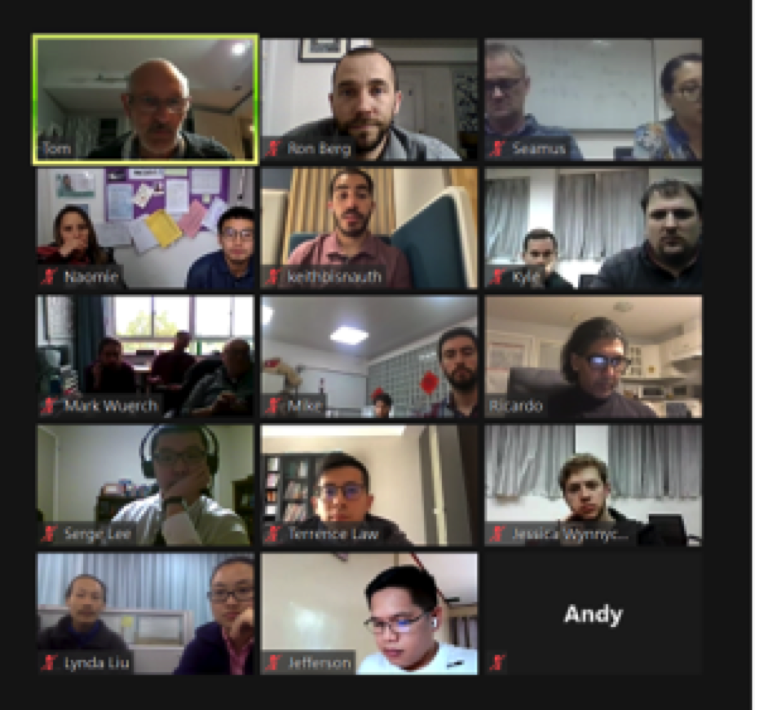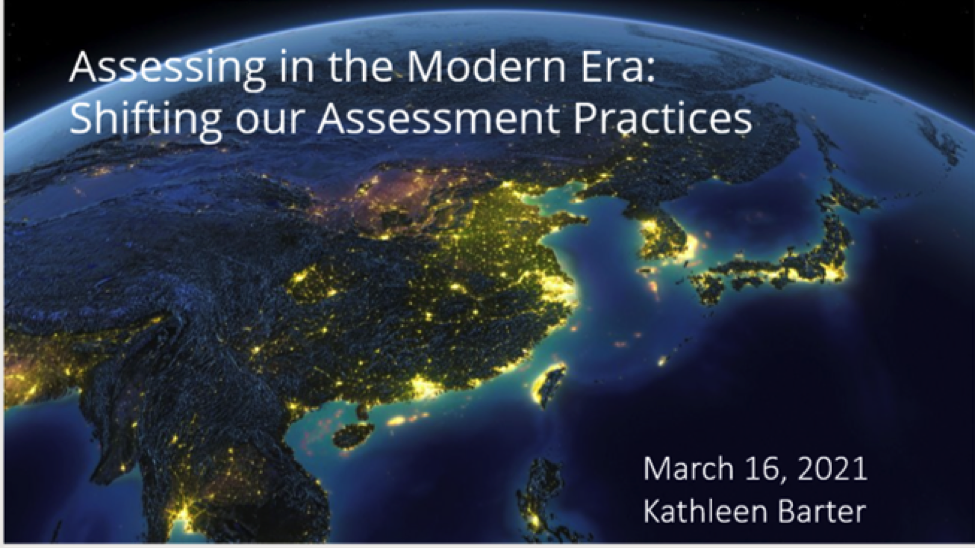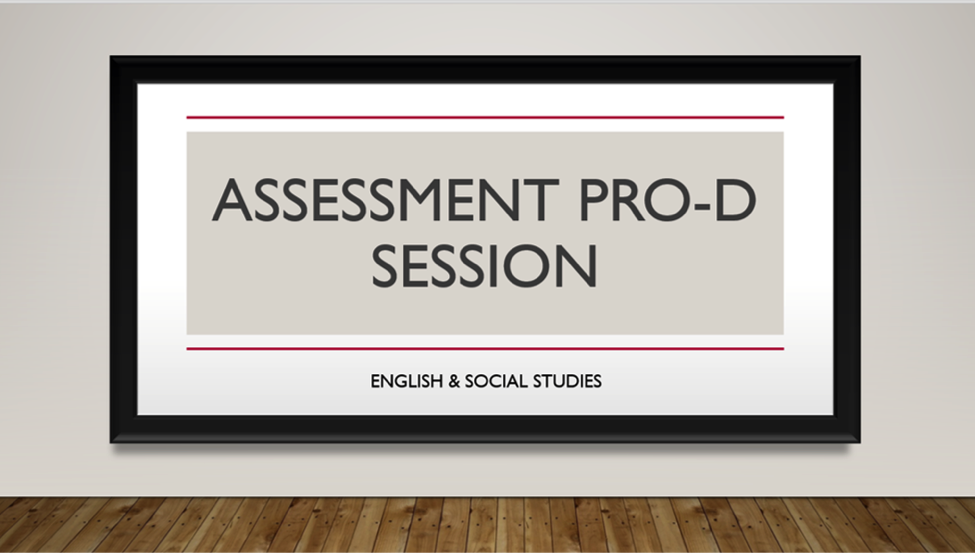As always, CINEC places a strong emphasis on the continual professional development of it’s teachers, with teacher’s pursuing their own professional growth plans, with teachers within schools engaging in their own professional learning communities, as well as CINEC wide initiatives bringing all teachers together, both within subject groups and as a wider group including all.
This year has presented everyone with unique challenges and opportunities. In response to our inability to bring our four schools physically together for professional development, we have strengthened our connections through electronic means, creating a calendar of ongoing CINEC wide professional development throughout this academic year.

Notable in this year’s professional development calendar was the implementation of a Sprint process, both within and between CINEC schools, where teachers set specific teaching goals, try out new pedagogical approaches, and report back on how it went to further adjust and refine. Currently, CINEC teachers in each of the main subject areas (English, Social Studies, Science and Math) have set their own unique departmental goals and will be reporting back in two weeks on their progress.
Part of this year’s pro-d also included two presentation from Kathleen Barter, a Master Educator with decades of experience as a teacher and administrator. Kathleen was also involved in developing the BC curriculum and working on professional development with the BC Principal / Vice-Principal Association. These sessions were particularly instructive in providing teachers more direction for implementing new assessment approaches in line with the redesigned BC curriculum, with more focus on competency / skill building rather than rote memorization of information.

Last week also included a workshop led by Ron Berg, CINEC’s Director of International Programs, where English and Social Studies teachers had a chance to collaborative mark student work to achieve greater consistency in grading. A lively discussion also centered on wider questions about assessment, such as: aligning assessment with curricular competencies, clarity in assessment criteria, the importance of ongoing formative assessment and using exemplars to help guide student work.
As we approach the end of this academic year, we are confident that our entire CINEC community will continue to reflect and refine our approaches to education to best prepare students for life in the 21st century, developing communication, critical thinking, creative thinking and positive personal and social awareness and responsibility.

